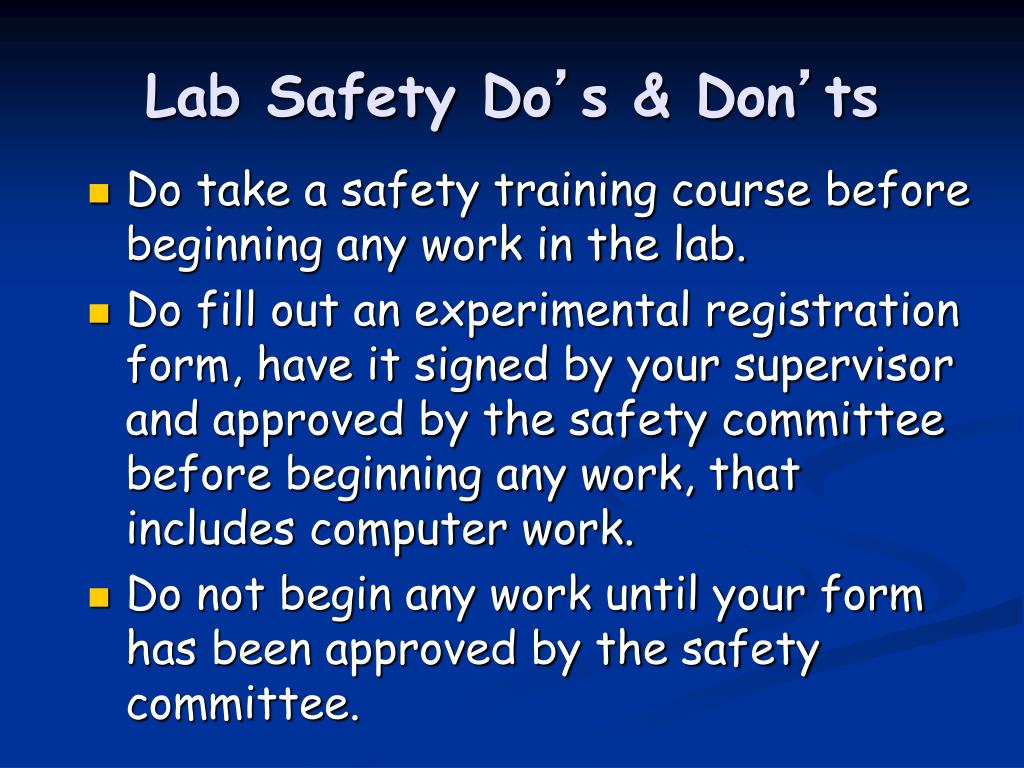Land Your Dream Private Credit Job: 5 Do's And Don'ts To Follow

Table of Contents
Do's: Maximize Your Chances of Landing a Private Credit Job
1. Craft a Targeted Resume and Cover Letter
Your resume and cover letter are your first impression. Make them count! In the competitive world of private credit jobs, a generic application simply won't cut it.
-
Highlight transferable skills: Even if your background isn't directly in private credit, focus on skills relevant to the industry. This includes financial modeling, credit analysis, risk assessment, and portfolio management. Did you manage a budget effectively in a previous role? Highlight that! Did you analyze data to inform business decisions? Showcase that analytical ability.
-
Quantify your achievements: Instead of stating general accomplishments, use metrics to demonstrate your impact. For example, instead of "improved sales," say "increased sales by 20% in Q3 2023." This shows potential employers the tangible results you've achieved.
-
Tailor to each application: Generic applications are easily spotted. Research each firm and role thoroughly. Understand their investment strategy, recent deals, and company culture. Reflect this understanding in your resume and cover letter.
-
Incorporate keywords: Use keywords directly from the job description. Applicant Tracking Systems (ATS) scan for specific terms, so incorporating these words increases your chances of getting past the initial screening. Common keywords include "private debt," "leveraged loans," "credit underwriting," "diligence," "financial modeling," and "deal structuring."
-
Showcase your private credit knowledge: Demonstrate your understanding of key concepts like unitranche financing, senior secured debt, subordinated debt, LTV (Loan-to-Value) ratio, DSCR (Debt Service Coverage Ratio), and other relevant financial metrics.
2. Network Strategically Within the Private Credit Industry
Networking is crucial for landing a private credit job. It's not just about who you know, but also about building relationships and demonstrating your interest in the field.
-
Attend industry events: Conferences, seminars, and networking events provide opportunities to meet professionals and learn about new trends.
-
Leverage LinkedIn: Connect with people working in private credit, join relevant groups, and participate in industry discussions. Show your engagement and expertise.
-
Informational interviews: Reach out to individuals working in private credit for informational interviews. This is a fantastic way to learn more about the industry, different roles, and potential opportunities.
-
Utilize your existing network: Let your friends, family, and former colleagues know you're looking for a private credit job. You might be surprised by who they know.
3. Master the Art of the Private Credit Interview
The interview process is your opportunity to shine. Thorough preparation is key.
-
Behavioral interview preparation: Practice answering behavioral questions, focusing on situations demonstrating problem-solving, teamwork, leadership, and initiative. Use the STAR method (Situation, Task, Action, Result) to structure your responses.
-
Prepare insightful questions: Asking thoughtful questions shows your genuine interest and understanding of the firm and the role. Research the firm's recent investments and investment strategy beforehand.
-
Demonstrate technical expertise: Be prepared to discuss financial modeling, valuation techniques, credit analysis frameworks (e.g., Altman Z-score), and your understanding of different credit structures.
-
Presentation skills: If a case study or presentation is part of the interview process, practice thoroughly to showcase your analytical and communication skills.
-
Understand the firm's culture: Research the firm’s values and culture to understand if it’s a good fit for you. Showing genuine interest goes a long way.
4. Develop In-Demand Skills
The private credit industry is highly competitive. Continuously developing your skills enhances your marketability.
-
Financial modeling proficiency: Become expert in Excel, and consider learning specialized financial modeling software.
-
Credit analysis expertise: Gain experience in credit underwriting, risk assessment, and due diligence.
-
Strong communication skills: Develop strong written and verbal communication skills. Private credit requires the ability to clearly and concisely convey complex information.
-
Relevant certifications: Consider pursuing the CFA (Chartered Financial Analyst) or CAIA (Chartered Alternative Investment Analyst) charters to demonstrate your commitment to the field.
-
Stay updated: Keep abreast of industry trends, regulations, and best practices.
5. Follow Up After Each Stage of the Hiring Process
Following up demonstrates your initiative and interest.
-
Thank-you notes: Send a thank-you note after each interview, reiterating your interest and highlighting key takeaways from the conversation.
-
Polite follow-up: If you haven't heard back within the expected timeframe, politely follow up to express your continued interest.
Don'ts: Avoid These Common Mistakes When Applying for a Private Credit Job
1. Submitting a Generic Resume and Cover Letter:
Avoid using a generic template. Each application should be tailored to the specific job and firm.
2. Neglecting Networking:
Don't underestimate the importance of networking in landing a private credit job. Actively build relationships within the industry.
3. Lacking Technical Knowledge:
Don't go into interviews without a strong understanding of private credit concepts and financial modeling.
4. Poor Communication Skills:
Private credit requires strong communication skills, both written and verbal. Practice and refine your communication style.
5. Failing to Follow Up:
Don't assume you'll be contacted. Proactive follow-up demonstrates initiative and keen interest.
Conclusion
Securing your dream private credit job requires a strategic and well-planned approach. By following these do's and don'ts, you'll significantly increase your chances of success. Remember to tailor your resume and cover letter, network effectively, master the interview process, develop in-demand skills, and follow up diligently. Don't let these opportunities pass you by. Start implementing these tips today and take the first step towards landing your dream private credit job.

Featured Posts
-
 Shedeur Sanders Selected By Cleveland Browns In 5th Round
Apr 28, 2025
Shedeur Sanders Selected By Cleveland Browns In 5th Round
Apr 28, 2025 -
 Aaron Judge And Paul Goldschmidt Power Yankees To Series Salvaging Win
Apr 28, 2025
Aaron Judge And Paul Goldschmidt Power Yankees To Series Salvaging Win
Apr 28, 2025 -
 Ohio Derailments Aftermath Persistent Toxic Chemicals In Buildings
Apr 28, 2025
Ohio Derailments Aftermath Persistent Toxic Chemicals In Buildings
Apr 28, 2025 -
 Espns Bold 2025 Red Sox Outfield Prediction A Realistic Look
Apr 28, 2025
Espns Bold 2025 Red Sox Outfield Prediction A Realistic Look
Apr 28, 2025 -
 Colorado Qb Shedeur Sanders Joins The Cleveland Browns
Apr 28, 2025
Colorado Qb Shedeur Sanders Joins The Cleveland Browns
Apr 28, 2025
Latest Posts
-
 Yankees Lineup Controversy Judges Preferred Spot And Boones Response
Apr 28, 2025
Yankees Lineup Controversy Judges Preferred Spot And Boones Response
Apr 28, 2025 -
 Yankees Lineup Aaron Judges Position And Boones Strategy
Apr 28, 2025
Yankees Lineup Aaron Judges Position And Boones Strategy
Apr 28, 2025 -
 2026 World Baseball Classic Aaron Judges Potential Inclusion
Apr 28, 2025
2026 World Baseball Classic Aaron Judges Potential Inclusion
Apr 28, 2025 -
 Judge Eyes 2026 Wbc Analyzing His Potential Participation
Apr 28, 2025
Judge Eyes 2026 Wbc Analyzing His Potential Participation
Apr 28, 2025 -
 Aaron Judges 2026 Wbc Bid A Look At His Chances
Apr 28, 2025
Aaron Judges 2026 Wbc Bid A Look At His Chances
Apr 28, 2025
